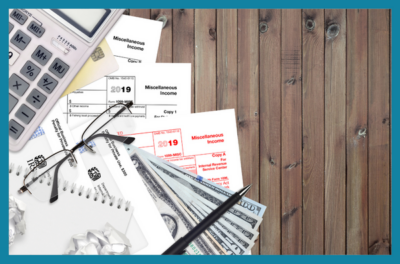When Does an IRS Tax Lien Expire

What Is an IRS Tax Lien?
An IRS tax lien is the government’s legal claim against your property when you neglect or fail to pay a tax debt. If a tax is not paid after a formal demand, the lien automatically attaches to all your current property, including real estate, personal and business property, and financial accounts, as well as to future assets acquired during the duration of the lien.
The IRS will file a Notice of Federal Tax Lien to put creditors on notice that the government has an interest in your property. This can affect your ability to buy or sell property, obtain financing, or engage in other types of transactions.
How Can You Eliminate an IRS Tax Lien?
Generally, you must pay the taxes you owe to get rid of the lien. However, there are a few other options as discussed in our post on How to Remove an IRS Tax Lien.
A tax lien can also become unenforceable once the statute of limitations for collection expires.
When Does the Statute of Limitations Expire?
The statute of limitations for collecting on a tax debt is ten years, which starts running when the liability is assessed and a notice and demand for payment is sent to you. However, the period may be extended or suspended in certain circumstances.
For example, the IRS may extend the statute of limitations beyond 10 years in connection with the execution of an installment agreement or the release of a federal tax levy.
The period may be suspended due to events including:
- The issuance of a notice of deficiency;
- The taxpayer’s assets being seized by a court;
- The taxpayer residing outside of the United States for six months or longer;
- The wrongful seizure of the taxpayer’s property;
- The wrongful placement of a lien on the taxpayer’s property; and,
- The taxpayer filing for bankruptcy.
Generally, the statute of limitations is extended or suspended in situations when the IRS cannot pursue collection. The rationale is that since the IRS cannot collect on the debt, the statute of limitations should be tolled (stop running) temporarily.
Notably, if the statute of limitations period is close to expiring, the IRS is more likely to negotiate with you to resolve the tax debt provided you agree to an extension of the collection period. It is best to work with a tax lawyer in dealing with the IRS to determine the best way to eliminate the lien and settle your case.
If you owe back taxes, consult a tax attorney as soon as possible. You can avoid a lien by addressing your tax problems promptly. Our attorneys can help you challenge the tax liability if it is incorrect or negotiate a settlement. If there is already a lien on your property, we can help you resolve your case. Contact us for a consultation.


